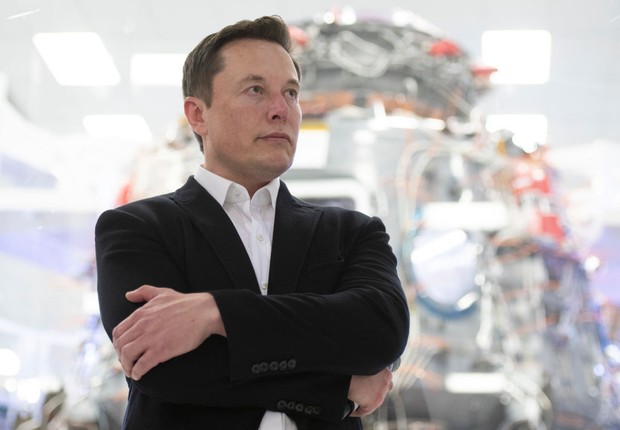Tesla and Space X CEO Elon Musk publicly took a stand and lobbied US lawmakers responsible for the bill that seeks to implement taxes on cryptocurrency, urging them not to “try to determine winners or losers in the cryptocurrency market.” The message was posted in response to a Twitter message from Brian Armstrong, CEO of Coinbase.
On August 7, an infrastructure project that is being seen as a major threat to the cryptocurrency industry was on the ballot in the US Senate. The text suggests that all industry players – such as exchanges, developers, miners, custodians and DeFi projects – must respond to stricter tax reporting rules. This means that there’s a very real possibility on more taxes on cryptocurrency.
Brian Armstrong criticizes taxes on cryptocurrency on twitter
The head of the largest publicly traded exchange in the United States, Coinbase (NASDAQ:COIN), tweeted that we are now witnessing one of the moments that could define the future of the cryptocurrency industry.

In the fledgling blockchain industry, every project emerges every day, says Armstrong, and by making hasty legislative decisions, the US government is at great risk of “getting it wrong.”
Billionaire businessman Elon Musk was not quiet about the matter and on Friday night agreed with Brian Armstrong’s position, in which he assessed as “disastrous” the bill’s stance in deciding which innovations in the crypto sector are allowed to prosper and which ones aren’t.
Brian Armstrong’s stand against cryptocurrency taxes receives response from Elon Musk
Armstrong was one of the biggest critics of taxes on cryptocurrency. In a 10-post Twitter thread, the second he posted in a two-day period, he directs his anger at the amendment proposed by Portman and Warner. He begins the publication by writing: “There are a few key moments that define our future. One is happening now in the Senate w/ the infrastructure bill. At the 11th hour Mark Warner has proposed an amendment that would decide which foundational technologies are OK and which are not in crypto. This is disastrous”.
He continues his publication by saying: “This is the government trying to pick winners and losers in a nascent industry today, where some new technology is being developed every month. They are guaranteed to get it wrong, by writing in a few exceptions by hand today”.
Elon Musk in response to Armstrong says he agrees with his notes and is against taxes on cryptocurrency. ”Agreed, this is not the time to pick technology winners or losers in cryptocurrency technology. There is no crisis that compels hasty legislation”.
1/ There are a few key moments that define our future. One is happening now in the Senate w/ the infrastructure bill. At the 11th hour @MarkWarner has proposed an amendment that would decide which foundational technologies are OK and which are not in crypto. This is disastrous.
— Brian Armstrong (@brian_armstrong) August 6, 2021
Crypto miners would be at risk
The differentiation that the entrepreneurs refer to concerns an amendment to the bill that removes the obligation to declare user transactions only to cryptocurrency miners based on the proof of work (PoW) consensus, such as Bitcoin and Dogecoin — the cryptocurrency born through a meme and currently Elon Musk’s favorite cryptocurrency.
The problem is that the text implies that other protocols such as Proof of Participation (PoS) — used by most DeFi projects and, from next year, will also be adopted by Ethereum — should pass information on network users to the US Internal Revenue Service, which would be “impossible” in the view of market experts.
“Senator Mark Warner has asked for proof of stake validators to comply with the impossible, but not proof of work miners. Why? It’s not clear, but we could find ourselves with the Senate decision which types of crypto will survive government regulation”, points out Armstrong.
He claims that by making the distinction between one currency and another explicit, the government chooses who the industry’s winners and losers are. For example, he compares the case as if regulators suddenly decided that only iOS can work and banned the creation of Android apps.
The businessman who founded the largest exchange in the United States, said that if the government fails to embrace the innovation arising in the crypto space, it can expect the development of blockchain technology to go abroad, towards competing countries like China.





